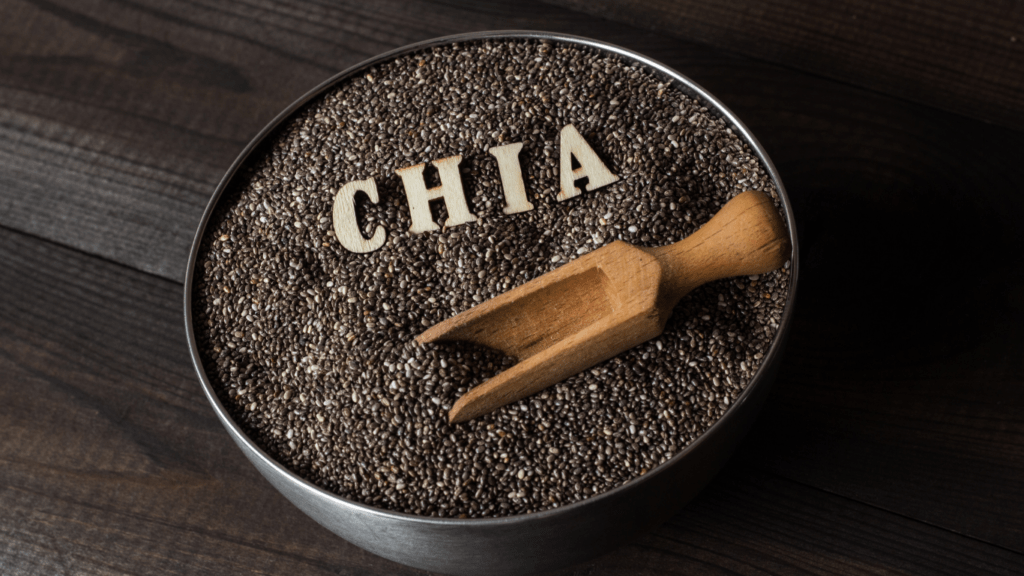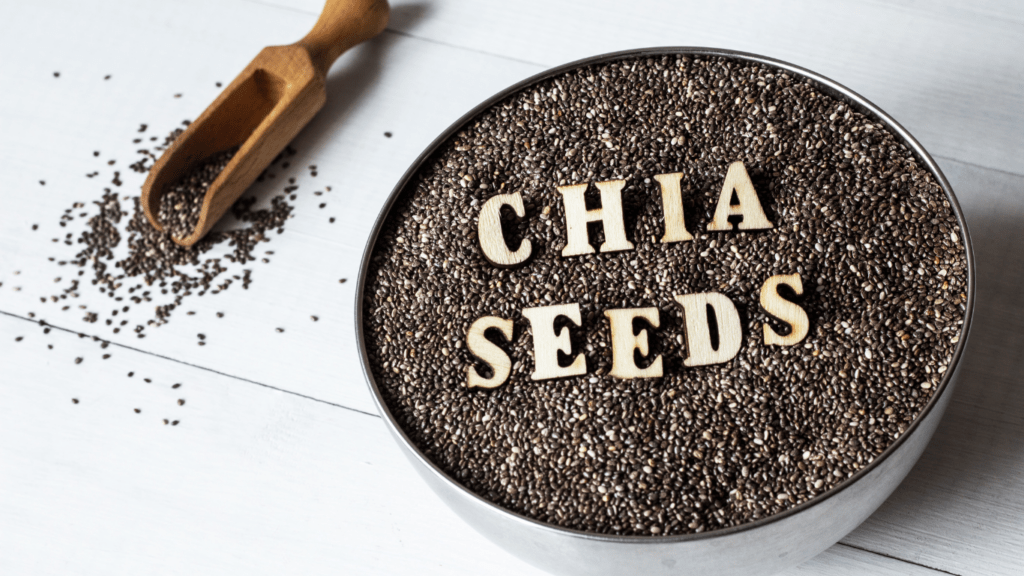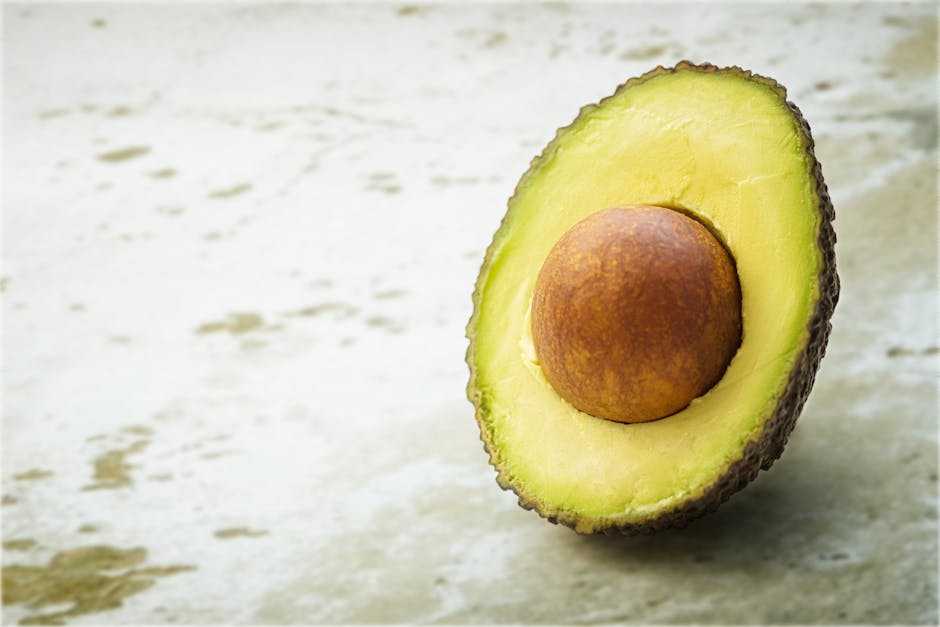As I delve into the realm of nutritional strategies for healthy aging, I uncover a treasure trove of insights that can significantly impact our well-being as we grow older. The food we consume plays a pivotal role in shaping our health outcomes, especially as we navigate the journey of aging gracefully.
Embracing a balanced and nutrient-rich diet isn’t just a choice; it’s a cornerstone for promoting vitality and longevity in our later years. Exploring the symbiotic relationship between nutrition and aging unveils a roadmap for optimizing our physical and cognitive functions.
From the vibrant hues of fruits and vegetables to the nourishing properties of lean proteins and whole grains, every bite we take can either fuel or detract from our overall health. Join me on this enlightening exploration of how simple yet strategic dietary choices can pave the way for a vibrant and fulfilling life as we embrace the golden years ahead.
Understanding the Importance of Nutritional Strategies for Healthy Aging
Exploring the critical role of nutritional strategies in the journey of aging reveals how our food selections directly impact our overall well-being as we grow older. Emphasizing the essential nature of maintaining a balanced and nutrient-dense diet forms the cornerstone for fostering vitality and extending our longevity.
Delving into the intricate relationship between nutrition and the aging process, I advocate for making informed dietary decisions by incorporating a variety of wholesome foods such as vibrant fruits, leafy vegetables, lean proteins, and fiber-rich whole grains. These mindful choices can significantly boost both physical resilience and cognitive acuity, paving the way for a dynamic and enriching lifestyle during our later years.
Key Nutrients for Promoting Healthy Aging
When considering key nutrients for promoting healthy aging, incorporating certain elements into your daily diet can significantly impact how you age. These nutrients play a crucial role in supporting overall health and well-being as we grow older.
Omega-3 Fatty Acids
Ensuring an adequate intake of omega-3 fatty acids is essential for healthy aging. These beneficial fats are known for their anti-inflammatory properties, which can help reduce the risk of chronic conditions such as heart disease, arthritis, and cognitive decline.
Fatty fish like salmon, mackerel, and sardines are excellent sources of omega-3s, or for those following a plant-based diet, chia seeds, walnuts, and flaxseeds are great alternatives.
Antioxidants
Including antioxidants in your diet is another vital aspect of healthy aging. Antioxidants help protect cells from damage caused by free radicals, thereby reducing the risk of chronic diseases and supporting overall immune function.
Colorful fruits and vegetables like berries, spinach, kale, and bell peppers are rich in antioxidants. Additionally, green tea, dark chocolate, and pecans are other great sources of these powerful compounds that can aid in promoting longevity and well-being.
The Role of Protein in Supporting Muscle Mass and Function
Protein plays a crucial role in maintaining muscle mass and function as we age. As we get older, our bodies undergo physiological changes that can lead to a decline in muscle mass and strength. Including an adequate amount of protein in my diet is essential for preserving muscle mass, supporting muscle function, and overall physical performance.
Muscle loss, also known as sarcopenia, is a common concern in aging individuals. By ensuring that I consume enough protein, I’m providing my body with the necessary building blocks to prevent muscle wasting and maintain strength.
Protein intake can also help with muscle recovery after exercise and promote muscle repair, especially when combined with regular physical activity. Including protein-rich foods in my meals, such as lean meats, poultry, fish, eggs, dairy products, legumes, nuts, and seeds, can contribute to meeting my daily protein requirements.
I aim to distribute my protein intake evenly throughout the day to support muscle synthesis and optimize muscle protein metabolism. Incorporating protein shakes or smoothies made with protein powder can be a convenient way to increase my protein intake, especially if I have specific protein needs or find it challenging to consume enough protein through whole foods alone.
However, I ensure that these supplements complement my diet and do not replace whole food protein sources.
Prioritizing protein intake in my diet is vital for supporting muscle mass, strength, and overall physical function as I age. By including a variety of protein sources in my meals and snacks, I can help maintain my muscle health and quality of life in the long run.
Implementing a Balanced Diet for Healthy Aging
Exploring the critical connection between nutrition and healthy aging, let’s delve into practical strategies for implementing a well-rounded diet to support vitality and longevity. Incorporating a diverse range of nutrient-rich foods is key to promoting physical resilience and cognitive function as we age.
- Prioritize Whole Foods: Focusing on whole foods such as vibrant fruits, leafy vegetables, lean proteins, and fiber-rich whole grains is essential for a balanced diet. These food choices provide essential vitamins, minerals, and antioxidants that support overall health and well-being.
- Embrace Omega-3 Rich Foods: Include sources of omega-3 fatty acids like salmon, chia seeds, and walnuts in your diet. Omega-3s offer anti-inflammatory benefits, helping reduce the risk of chronic conditions like heart disease and cognitive decline, contributing to healthy aging.
- Amp Up Antioxidant Intake: Boost your intake of antioxidants from colorful fruits and vegetables, green tea, and dark chocolate. These compounds help protect cells from damage caused by free radicals, supporting immune function and reducing the risk of chronic diseases for long-term well-being.
- Optimal Protein Consumption: Ensure adequate protein intake to support muscle mass and function. Incorporate lean meats, fish, eggs, dairy, legumes, nuts, and seeds into your meals to preserve muscle health and strength as you age.
- Strategic Protein Distribution: Distribute protein intake evenly throughout the day to optimize muscle protein metabolism and promote overall physical function. Consistent protein consumption is vital in preventing age-related muscle loss and maintaining muscle health in later years.
By embracing a well-balanced diet rich in essential nutrients and antioxidants, you can lay a strong foundation for healthy aging, promoting vitality, resilience, and overall well-being as you advance in years.
Addressing Nutritional Challenges in the Aging Population
Discussing the nutritional challenges faced by the aging population is crucial for promoting healthy aging. As we age, our bodies undergo various changes that can impact our nutritional needs and dietary habits. Understanding and addressing these challenges play a vital role in maintaining overall health and well-being in later years.
- Reduced Nutrient Absorption: Aging can lead to a decrease in the body’s ability to absorb certain nutrients efficiently. This can result in deficiencies that may affect overall health. It’s important to focus on nutrient-dense foods and consider supplementation if necessary to meet daily requirements.
- Decreased Appetite: Many older adults experience a reduced appetite, which can lead to inadequate intake of essential nutrients. To combat this, smaller, nutrient-rich meals and snacks throughout the day can help ensure sufficient nutrient intake without overwhelming the appetite.
- Dental Health Issues: Dental problems, such as tooth loss or oral pain, can make it challenging for seniors to eat a varied diet. Emphasizing soft, easy-to-chew foods like cooked vegetables, yogurt, and smoothies can help maintain adequate nutrition despite dental issues.
- Medication Interactions: Seniors often take multiple medications, which can interfere with nutrient absorption or increase nutrient requirements. Consulting with healthcare providers to understand potential interactions and adjusting the diet accordingly can help mitigate these effects.
- Digestive Issues: Aging can be accompanied by digestive issues such as constipation or reduced stomach acid production, affecting nutrient absorption. Including fiber-rich foods, adequate hydration, and probiotic-rich foods can support digestive health in older adults.
- Social and Economic Factors: Social isolation, limited mobility, or financial constraints can impact access to nutritious foods for seniors. Community programs, meal delivery services, or local initiatives can provide support in addressing these challenges and ensuring adequate nutrition.
Addressing these nutritional challenges in the aging population is essential for promoting healthy aging and supporting overall well-being. By recognizing and proactively addressing these factors, older adults can optimize their nutritional intake and enhance their quality of life as they age.



 Founder
Damond Boucherley is the visionary founder of Aura Nature Spark, dedicated to promoting well-being through holistic practices. With a passion for nutrition, exercise, and mindfulness, Damond brings years of experience in health and wellness to the forefront of the organization. He believes in the transformative power of nature and is committed to providing valuable insights and resources that inspire individuals to live their best lives. Under his leadership, Aura Nature Spark continues to grow as a trusted source for health enthusiasts seeking balance and vitality.
Founder
Damond Boucherley is the visionary founder of Aura Nature Spark, dedicated to promoting well-being through holistic practices. With a passion for nutrition, exercise, and mindfulness, Damond brings years of experience in health and wellness to the forefront of the organization. He believes in the transformative power of nature and is committed to providing valuable insights and resources that inspire individuals to live their best lives. Under his leadership, Aura Nature Spark continues to grow as a trusted source for health enthusiasts seeking balance and vitality.
